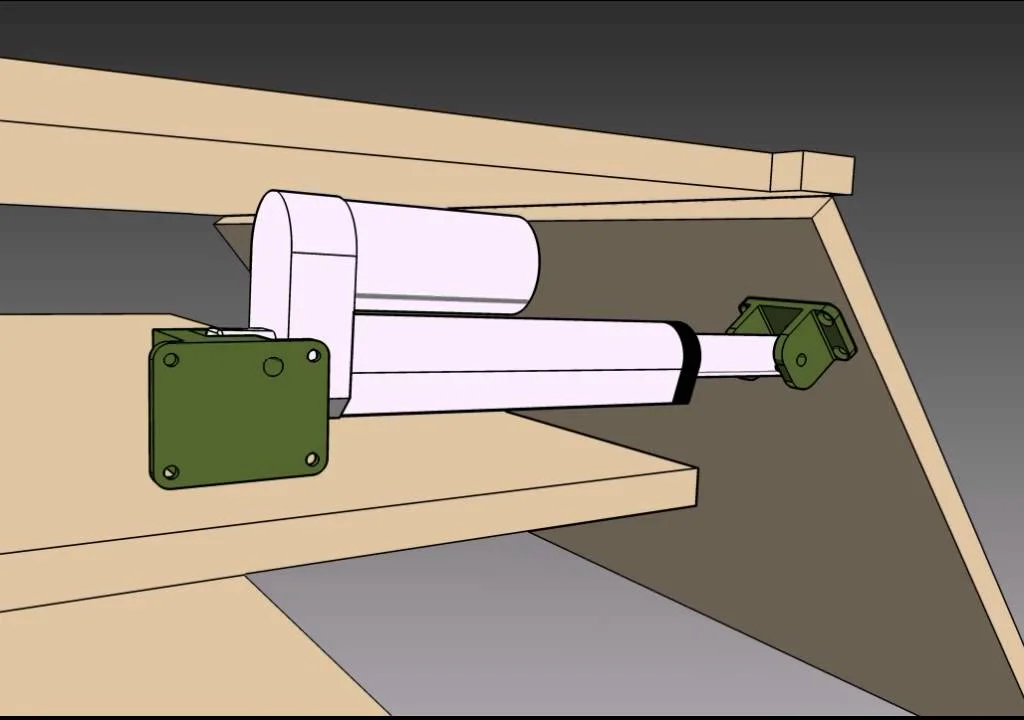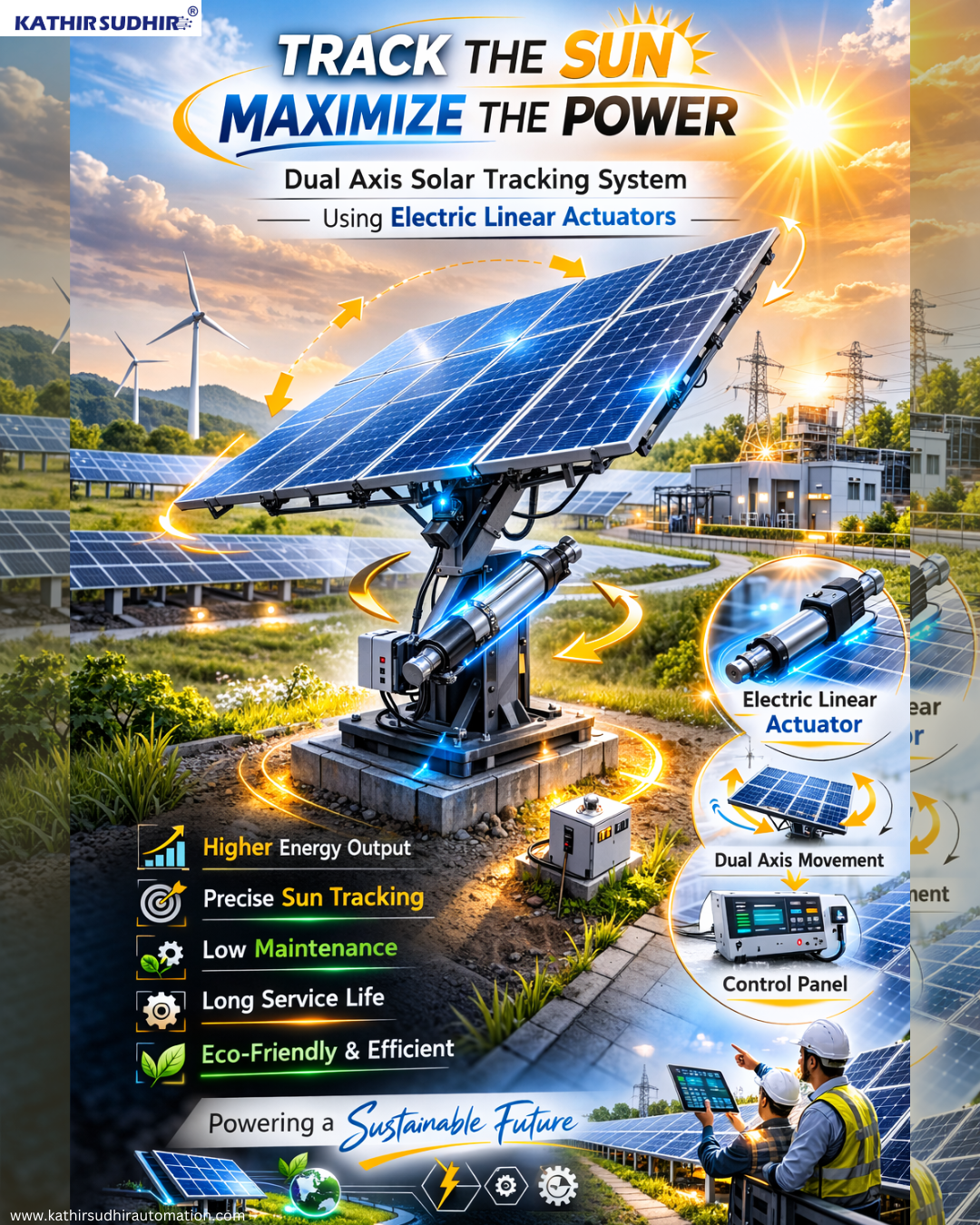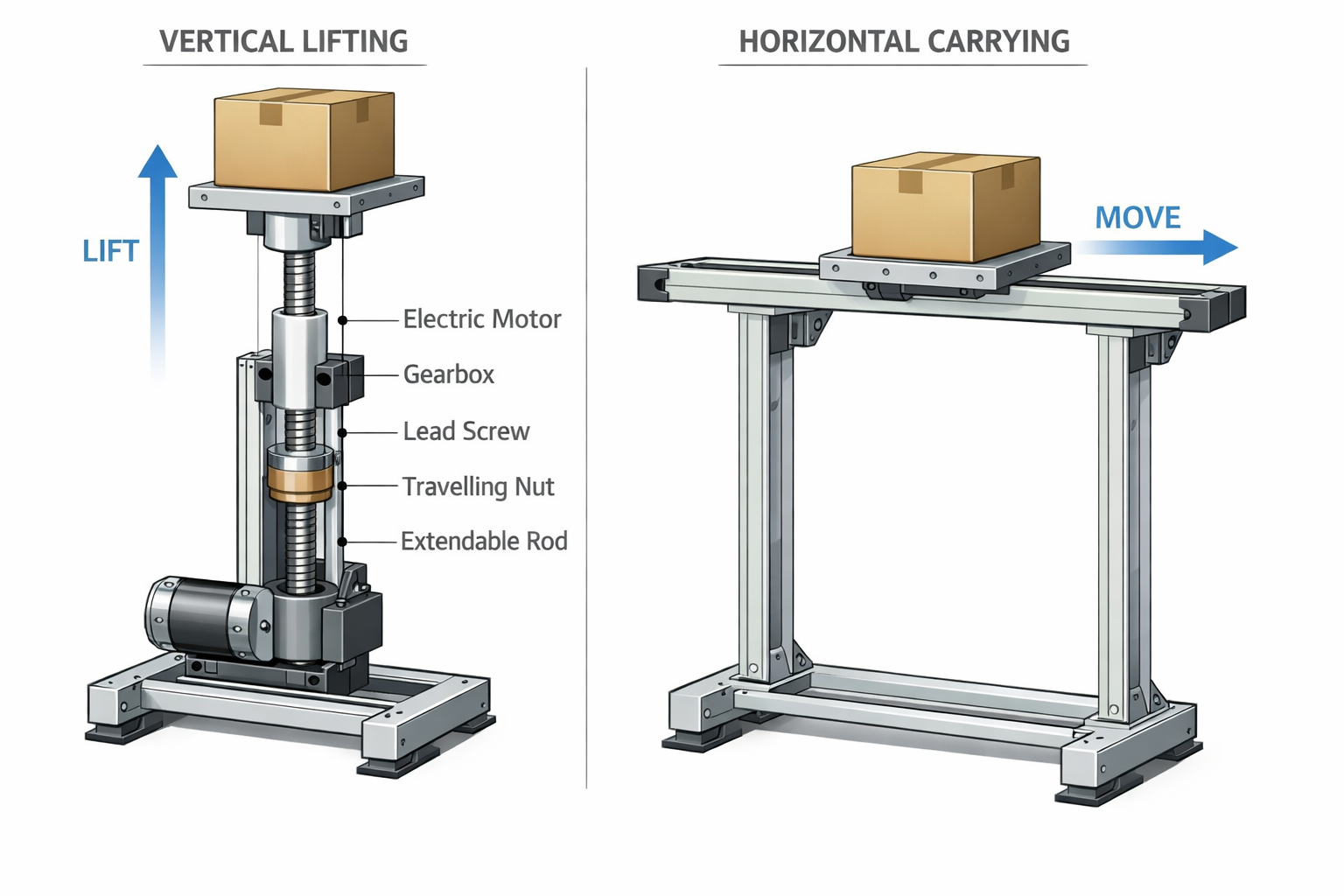Actuators are crucial in modern technology, but many people may not understand Actuators meaning and function. An actuator is a device that converts energy into motion or force, and depending on its design, it can produce linear, rotary, or oscillatory motion. These devices can be found in everyday devices like phones and cars, as well as in heavy machinery and industrial robots.
For instance, car engines use actuators to regulate fuel injection, throttle, and exhaust gas recirculation valves. In industrial settings, actuators control valves, pumps, and other mechanical systems. There are various types of actuators, each with unique properties and applications. We delve deep into know about Actuators Meaning.
Types
Hydraulic actuators use pressurized fluids, while pneumatic actuators rely on compressed air. Electric actuators operate on electricity, while piezoelectric actuators work by using the piezoelectric effect. Hydraulic actuators are commonly used in heavy machinery and construction equipment, while pneumatic actuators are ideal for robotics and automation. Electric actuators are preferred for applications requiring precise motion control and speed, such as medical devices and robotics. Piezoelectric actuators are used in small-scale applications, such as nanotechnology and semiconductor processing.

Actuators are critical components in several industries, including aerospace, automotive, chemical, construction, and manufacturing. They enable precise control and movement, ensuring the efficient operation of many mechanical systems. Research and development of new and innovative actuators could revolutionize several industries.
Conclusion
In conclusion, understanding the meaning and function of actuators is vital for anyone interested in engineering, mechanics, or technology. Actuators are vital components of modern technology, with a wide range of applications across various industries. To learn more about actuators and their applications, visit https://electricactuator.in/.
To summarize, understanding the importance of actuators in modern technology is crucial. These devices convert energy into motion or force, and they are found in various applications, from everyday devices to heavy machinery and industrial robots. Actuators are used in several industries, and they enable precise control and movement, ensuring the efficient operation of many mechanical systems. Finally, ongoing research and development of new and innovative actuators could revolutionize several industries. For customized Actuators kindly visit this page.
Read More Articles:
Height-Adjustable Walking Aids Powered by a Revolutionary Linear Actuator
Height-adjustable walking aids with linear actuator help users change height with a remote. Because the system is motorized, no force is needed. As a result, posture stays correct and movement feels safe. Overall, these aids improve comfort, confidence, and daily independence. Introduction Today, mobility support is changing fast. Instead of manual pin adjustments, many walking
Dual Axis Solar Tracking System Using Electric Actuators
As the global demand for renewable energy increases, solar power systems are evolving beyond traditional fixed-panel installations. One of the most efficient innovations in solar technology is the Dual Axis Solar Tracking System — especially when powered by advanced electric actuators. Let’s explore how dual-axis tracking works and why electric actuators are the smartest choice



